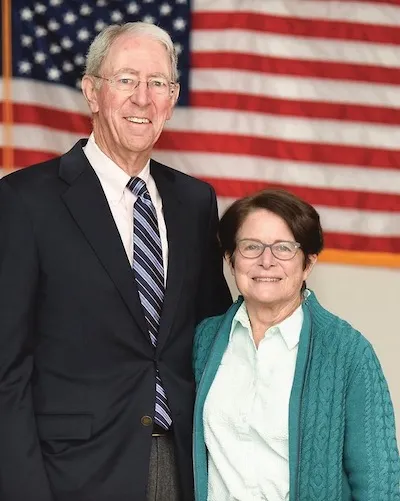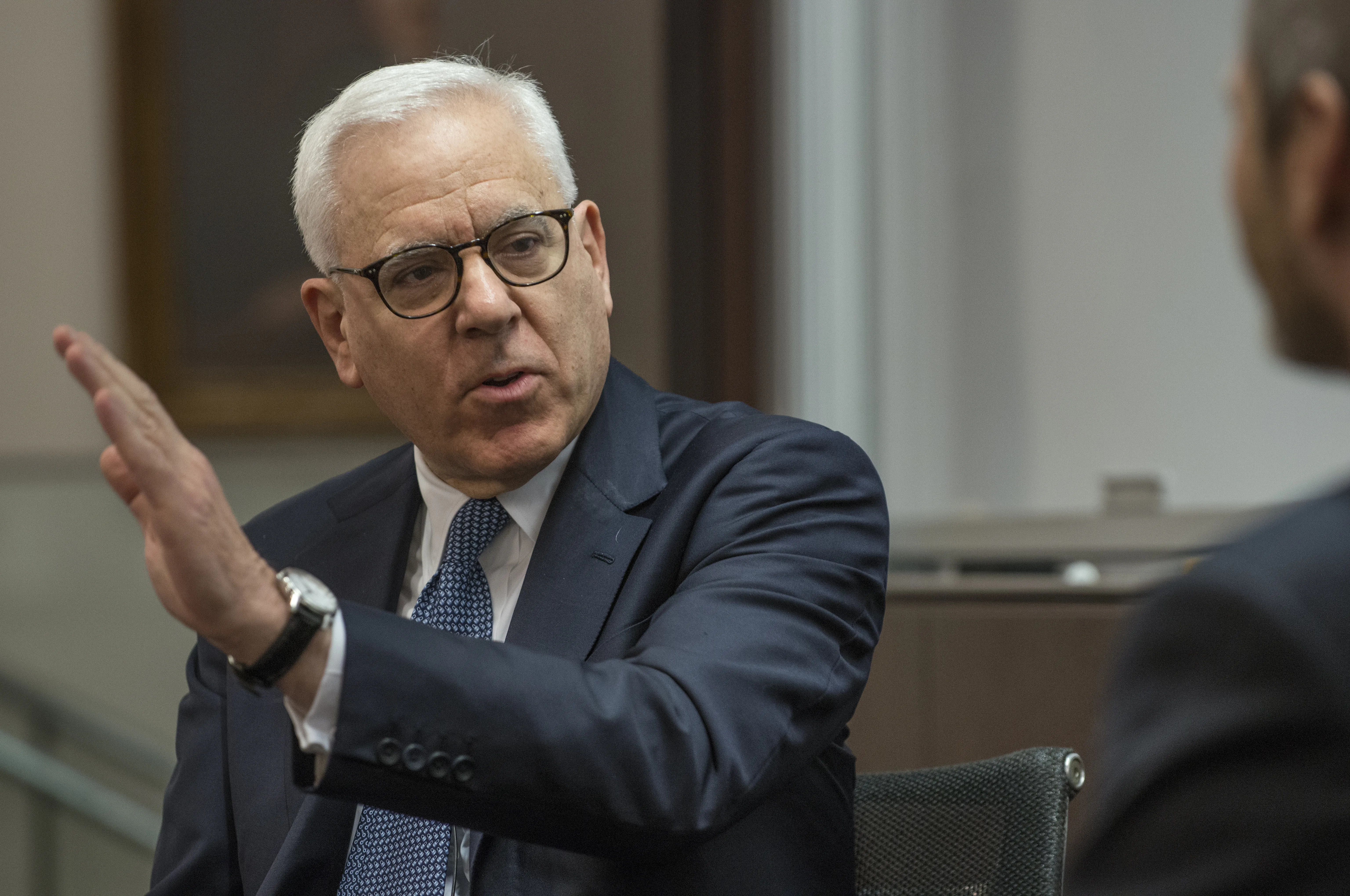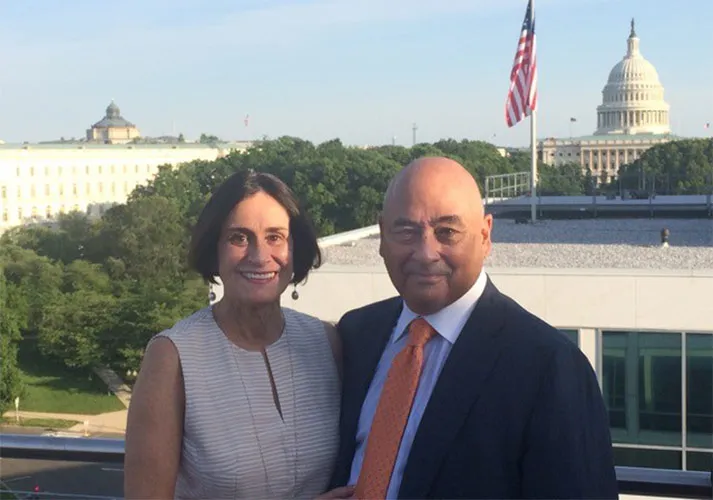Law School Launches the Wachtell, Lipton, Rosen & Katz Program in Behavioral Law, Finance and Economics
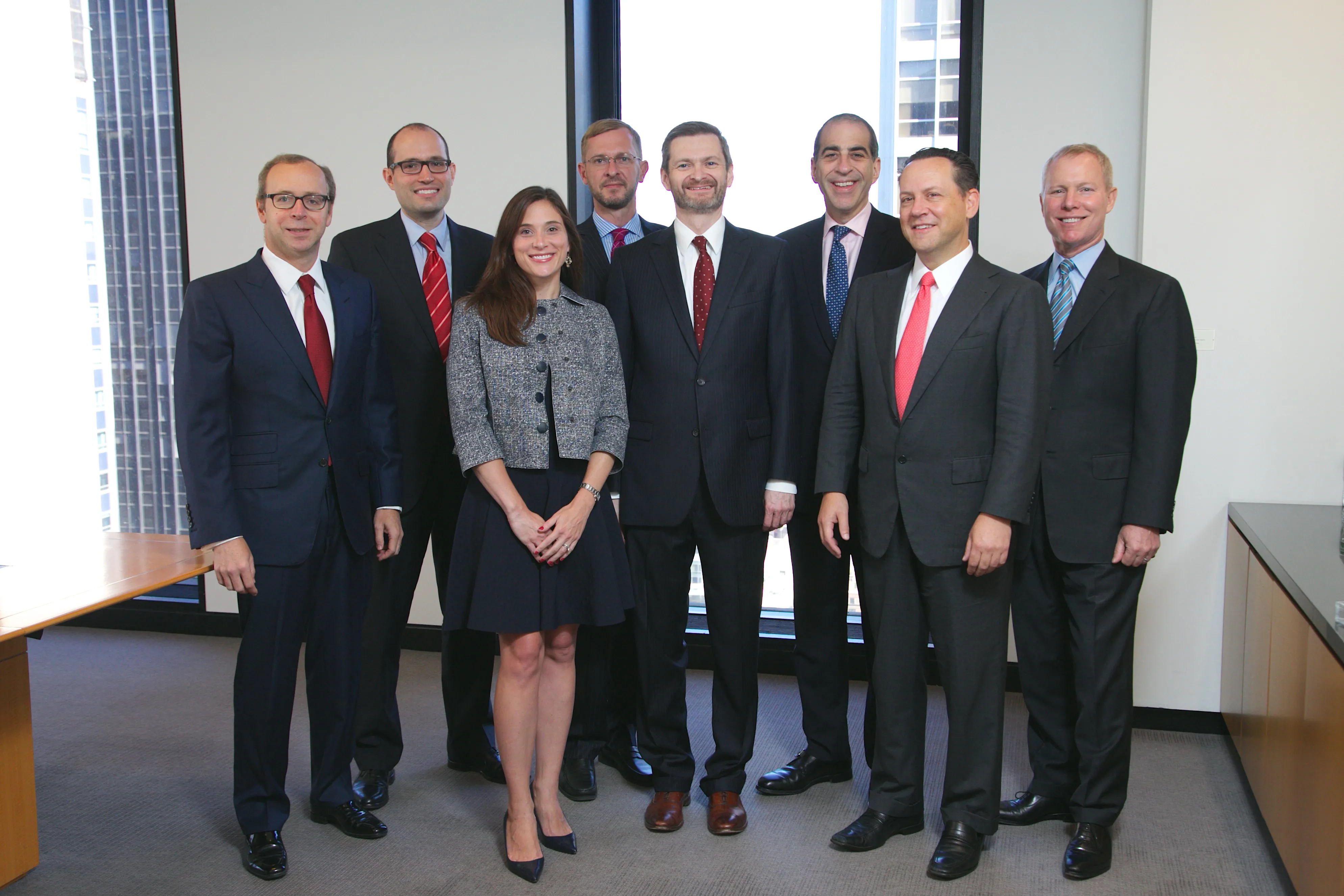
Funded by a generous commitment from Wachtell, Lipton, Rosen & Katz, the University of Chicago Law School has fortified its position at the forefront of the study of law and economics with a new program designed to bring insight and thinking from the growing field of behavioral economics to the study of corporate governance and finance. The Wachtell, Lipton, Rosen & Katz Program in Behavioral Law, Finance and Economics will include a two-year, post-JD fellowship for an aspiring academic or policymaker, as well as faculty and student research, a speaker series, faculty visitors, and conferences.
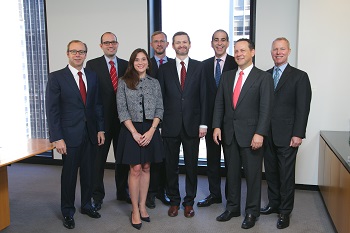 “We are enormously grateful for Wachtell Lipton’s generosity and support in this important area of scholarship,” said Dean Thomas J. Miles, the Clifton R. Musser Professor of Law and Economics. “We look forward to welcoming our first Wachtell, Lipton, Rosen & Katz Fellow and continuing our history of producing influential research in behavioral law and economics.”
“We are enormously grateful for Wachtell Lipton’s generosity and support in this important area of scholarship,” said Dean Thomas J. Miles, the Clifton R. Musser Professor of Law and Economics. “We look forward to welcoming our first Wachtell, Lipton, Rosen & Katz Fellow and continuing our history of producing influential research in behavioral law and economics.”
Behavioral economics takes human nature, behavior, and desires into account in a way that traditional economic models often cannot, offering scholars new tools for understanding how humans interact and economic systems function. The Wachtell, Lipton, Rosen & Katz Program initially will focus on behavioral law and economics within corporate governance and finance.
“We are very pleased to support the University of Chicago Law School in cutting-edge efforts to better understand the real-world dynamics of corporate governance, and help inform the crucial debate on how best to organize the governance and management of our public enterprises for the benefit of their shareholders and society,” said Martin Lipton, a founding partner of Wachtell, Lipton, Rosen & Katz.
Added Adam Emmerich, ’85, a partner at Wachtell Lipton specializing in corporate law: “The University of Chicago Law School has always occupied a place of particular importance in the study of law and economics, and we are especially pleased to be able to support the Law School in carrying forward that work into the twenty-first century.”
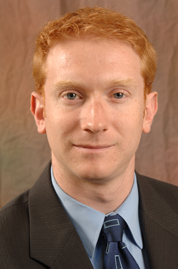 The program will be directed by Jonathan S. Masur, the John P. Wilson Professor of Law and David and Celia Hilliard Research Scholar. Masur is leading the search for the Wachtell, Lipton, Rosen & Katz Fellow, who will produce scholarship, teach, and participate in the Law School’s intellectual community. The speaker series, which will be part of the school’s Law and Economics Workshop, will begin this academic year, and the first conference is expected to be held during the 2017-18 academic year.
The program will be directed by Jonathan S. Masur, the John P. Wilson Professor of Law and David and Celia Hilliard Research Scholar. Masur is leading the search for the Wachtell, Lipton, Rosen & Katz Fellow, who will produce scholarship, teach, and participate in the Law School’s intellectual community. The speaker series, which will be part of the school’s Law and Economics Workshop, will begin this academic year, and the first conference is expected to be held during the 2017-18 academic year.
The program is a fitting addition to the Law School, which is the birthplace of law and economics and remains a leader in the field, both with “second-wave” empirical law-and-economics research and with the development of behavioral law and economics, which Masur described as the discipline’s third wave. In 1998, Cass Sunstein, then a professor at the Law School, co-authored what is widely seen as the founding paper of behavioral law and economics. Current faculty, including Masur, continue to produce scholarship in the field.
“This is an incredibly fruitful area of research, and we’re just beginning to scratch the surface of it,” Masur said. “This program allows us to bring in experts and to fund the research of those who are interested in doing cutting-edge work in this area. A lot of this research can be expensive because, in a lot of cases, you’re running experiments on actual human beings. We’re learning more and more that standard, rational-choice economics just does not give us a full picture of the world. We need a richer set of tools to understand how people in groups make decisions. This is going to help us acquire those tools.”
Masur said that interest in behavioral law and economics has been growing, both domestically and abroad. That was particularly evident this summer as Masur engaged with the international scholars who had come to the Law School to attend the Summer Institute in Law and Economics.
“My class was supposed to be about intellectual property, but there was such hunger for behavioral law and economics that I ended up devoting half of my last class to talking about it,” Masur said. “This aspect of law and economics has really gained traction around the world.”

